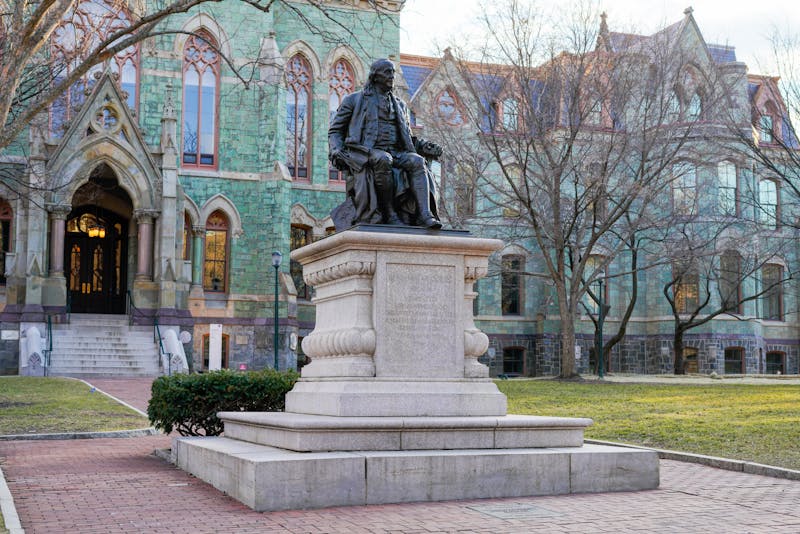Until last April, most people recognized the name Arthur Ashe as the only black tennis player to have won Wimbledon. But after April 8, when Ashe revealed to the world that he had AIDS, all that changed. Ashe recounted his story and addressed questions from audience members last night at Harrison Auditorium in a speech which he entitled, "Living with AIDS." His appearance was sponsored by Connaissance. "Living with AIDS is a little bit like being on death row, except one doesn't have a definite date for one's demise, nor does one know how it will occur, or in my case, being cautiously optimistic, if it will occur," Ashe said. "The truth is that in all likelihood, there is less time than one could normally expect." Ashe told the audience that he found out that he had the disease in September 1988. After learning of his disease, he said, he picked up a copy of Scientific American and found "two sobering and alarming statements." "The first is that once you are infected and have tested HIV positive, death is inevitable," Ashe said. "The second is that of those diagnosed with AIDS, 90 percent die within three years." Ashe spent a great deal of time explaining the "moral stratification" in the minds of many when discussing AIDS. "[The public believes] there are good ways and there are bad ways to contract AIDS," he said. Ashe was led to disclose that he had AIDS because of pressure from the press, he said. A discussion of the right to privacy versus freedom of the press followed. "I was, as I have said numerous times since, then put in the unenviable position on that public announcement day of having to lie if I wanted to protect my right to privacy, that any American should be entitled to," Ashe said. "My father used to tell me that you can never tell just one lie. You'd need another one later on to cover for the first one and then you're in twice as much trouble as you were in the first place." With some degree of difficulty, Ashe recounted a question his daughter asked him two years ago. "Daddy, how did you get AIDS?" Ashe contracted this disease through a blood transfusion after open heart bypass surgery in 1983. "I had to give her an answer she could understand and grapple with," he said. Ashe's speech was filled with facts about the expected rise in the number of AIDS cases in the year 2000 and he addressed issues such as distributing condoms in schools and providing clean needles for IV drug users. "When taken in isolation, they are bad ideas," he said. "Together, with a good program, they make sense." During a question-and-answer session afterwards, Ashe tackled questions from whether AIDS was invented to try to get rid of the gay, black and Latino communities to whether doctors and patients should be tested for the disease. "I don't agree with that," Ashe said of film director Spike Lee's recent allegation that AIDS was created in a laboratory. "It is quite reckless to make this statement without supporting facts. It is literally idle speculation." When asked whether he is doing anything different since he found out that he had AIDS, Ashe said "yes." "There is no question that since I've found out, I've felt more productive and creative than I've ever felt before," he said. "That is natural and normal. But, on the other hand, there are many who once they find out say, 'Screw it' and watch TV all day." "It is very important to feel productive," he continued. "It adds immeasurable meaning to life, even if you're not sick, but certainly if you are." Connaissance Chairperson Meg O'Leary said after the speech that she liked everything Ashe had to offer. "He brought a lot of information on the topic of AIDS with lots of different theories," O'Leary, a College senior said. "He also brought awareness of what an AIDS patient looks like and how they feel." College junior Manisha Juthani said she was equally impressed by Ashe. "He's a very elegant speaker and hearing his experience was thought provoking," College junior Juthani said. "He made you value the time you have. I have great respect for a man who has an ability to speak in public about the trauma and trouble he's been through."
The Daily Pennsylvanian is an independent, student-run newspaper. Please consider making a donation to support the coverage that shapes the University. Your generosity ensures a future of strong journalism at Penn.
DonatePlease note All comments are eligible for publication in The Daily Pennsylvanian.







